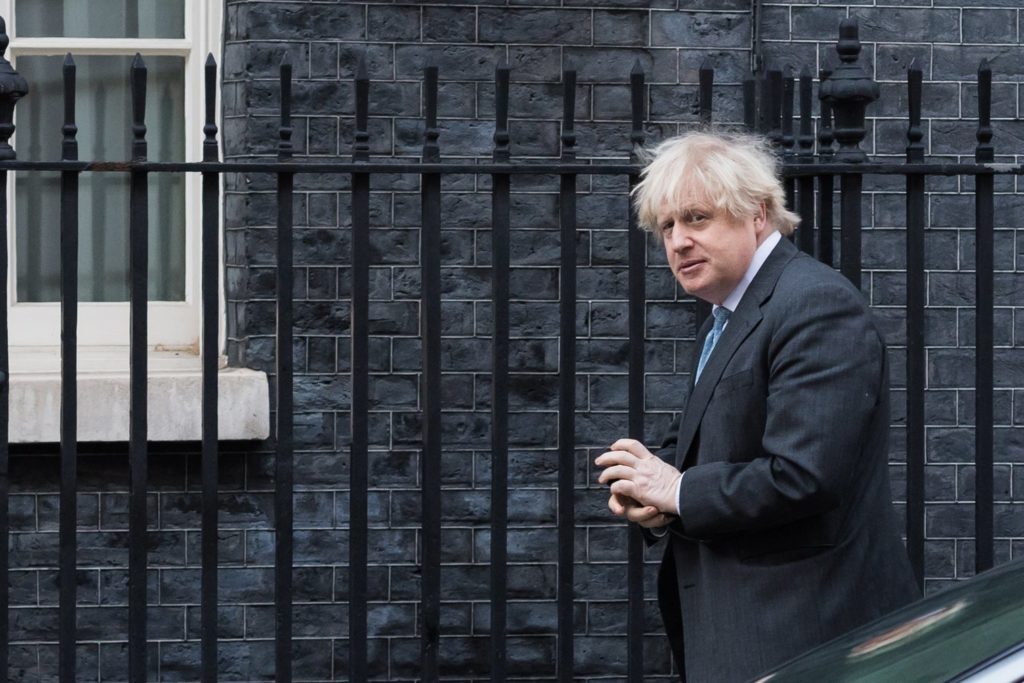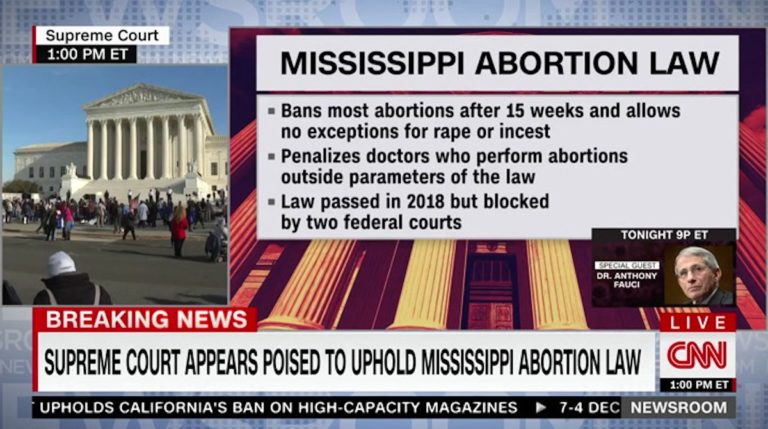
Photo: WIktor Szymanowicz/NurPhoto/PA Images.
Owen Paterson saga sees government integrity called into question
essential one-minute Owen Paterson explainer from Ian Hisloppic.twitter.com/WlwIuv9L23
— Jim Pickard (@PickardJE) November 6, 2021
Rebecca Dobson Phillips, University of Sussex
A furious backlash in relation to the case of Conservative MP and former government minister Owen Paterson has prompted the UK government to U-turn on plans to overhaul the process through which MPs are held to account for lobbying. Even the Daily Mail branded the episode a “sink back into sleaze” and Paterson eventually ended up resigning.
The furor erupted when, for the first time in its history, the House of Commons effectively blocked the recommendations of a Committee on Standards report into the conduct of one of its own MPs.
An investigation into allegations against Paterson for lobbying on behalf of clients had led the committee to recommend a 30-day suspension for what it called an “egregious case of paid advocacy”. However, the government brought forward an amendment that meant Paterson would avoid the suspension, which was voted through by MPs.
The amendment called for the creation of a new committee to review the current standards system, the case against Paterson, and connected matters. It was perceived to be disingenuous by its opponents partly because it appeared to contribute to a broader pattern of declining standards and increasing impunity when rules are broken. Labour’s deputy leader Angela Rayner described the vote as an “absolute disgrace” and there were cries of “shame” across the chamber when the votes were called.
The government, which had whipped its MPs to vote in favor of the amendment, then had an unexpected change of heart and now appears to be planning to let MPs vote again on the matter. Paterson, however, has since resigned, therefore ending any question of a temporary suspension.
The new proposals will be explained in further detail by Jacob Rees-Mogg, the leader of the house, but it appears that the government will seek cross-party support for a review of the standards system, and specifically an appeals process.
The Paterson investigation
Under the current system, the Parliamentary Commissioner for Standards is responsible for overseeing the code of conduct for MPs and investigating alleged breaches. She began her investigation in October 2019, following revelations by the Guardian newspaper that Paterson had been lobbying on behalf of two companies for which he was a paid consultant.
The investigation found that Paterson had made 14 approaches in total to the Food Standards Agency and to ministers at the Department for International Development; failed to make sufficient declarations of interests; and used his parliamentary offices and stationery for business purposes.
The Commissioner’s work is overseen by the Committee on Standards, a select committee of MPs and lay members, which, following the investigation, submitted its report on the findings and recommended sanctions for parliamentary approval.
Usually, these recommendations are endorsed without difficulty. But Paterson alleged partiality in the investigation and decision-making process. He claimed it did not comply with natural justice because he was not given adequate opportunity to defend himself.
The Committee responded in detail to these allegations in its report and found that Paterson had been given “extensive opportunities to provide evidence and to respond fully to the allegations against him”.
The whistleblower exemption
In the Commons debate prior to the vote, Rees-Mogg detailed several perceived failings of the investigation. He noted the lack of an appeals process and suggested the commissioner had taken a narrow interpretation of the whistleblower exemption – which allows, in exceptional circumstances, for MPs to expose any “evidence of a serious wrong or substantial injustice” even if this has “the incidental effect” of benefiting an organization or person from which they might receive a reward. Paterson claims that the whistleblower exemption applies as his approaches to ministers involved exposing “serious wrongs” on the part of companies other than those he worked with.
The Committee provided a detailed response as to why the whistleblower exemption did not apply in this case, regardless of the severity of the wrongs exposed.
The Committee on Standards has emphasized that the rule must remain “a narrow exemption, not a wide loophole” because there is a risk that broadening its application could mean that any breach of the rules – regardless of the intention or the private gains made by those involved – could be justified after the event by reference to some public interest concern.
Questions over impartiality
An aggravating issue – which led to the backlash and subsequent U-turn and resignation – was that the new committee was expected to be dominated by Conservative party members and would not include any independent lay members to balance deliberations. In this respect, it would have had weaker integrity mechanisms than the Commissioner and Committee on Standards which it was supposed to have been tasked with reviewing. So there were clear question marks over its ability to be impartial when dealing with sensitive standards issues.
Those opposed to the amendment were concerned that it was motivated less by the desire to improve standards and more in the interests of protecting Paterson and weakening the authority of the Committee on Standards. This just at the time when serious questions are being raised about COVID contracts.
Across the political spectrum, there is agreement that reforms are needed. The Committee on Standards in Public Life published a report earlier this week with recommendations on a range of issues, including lobbying.
But reforms require trust in the institutions that implement them. The partisan way this amendment was initially adopted, coupled with its timing and the lack of balance in its construction, meant that the reform process itself was perceived to have failed on several counts.
After the change of plan was announced, Rees-Mogg told the Commons there was a “strong feeling” that any overhaul of the standards process should not just be based on Paterson’s case, and that the original vote had “conflated” the two issues. It seems the government has a lot of work to do to win back trust.![]()
Rebecca Dobson Phillips, Ph.D. Candidate, Centre for the Study of Corruption, University of Sussex
This article is republished from The Conversation under a Creative Commons license. Read the original article.




27 Comments
Pingback: Lying, kleptocrat Boris Johnson needs to be expelled from No 10 - Bergensia
Pingback: SLOTXO
Pingback: check my site
Pingback: click here
Pingback: บับเบิ้ล กันกระแทก
Pingback: phim tinh cam
Pingback: จำนำไอโฟน
Pingback: Undressing AI
Pingback: porn sex
Pingback: altogel togel login
Pingback: ร้านเค้กวันเกิดใกล้ฉัน
Pingback: clone card shop
Pingback: live naked women
Pingback: แทงมวยเว็บไหนดี ถูกกฎหมาย
Pingback: สล็อตเว็บตรง แจ็คพ็อตแตกง่าย
Pingback: ปั่นสล็อต upx1688 โบนัสแตกบ่อย
Pingback: ทำความรู้จัก Ufasnake เว็บแทงบอลชั้นนำ
Pingback: lottorich28
Pingback: CEO88BET
Pingback: lg96
Pingback: fox888
Pingback: ประวัติความเป็นมา ไก่ชนออนไลน์
Pingback: 1xbet
Pingback: situs dultogel
Pingback: pinco indir
Pingback: Book of Ra slot
Pingback: clothing manufacturer